
The Anti-Cancer Diet: Cancer Fighting Foods to Help Prevent Cancer (Evidence Based)
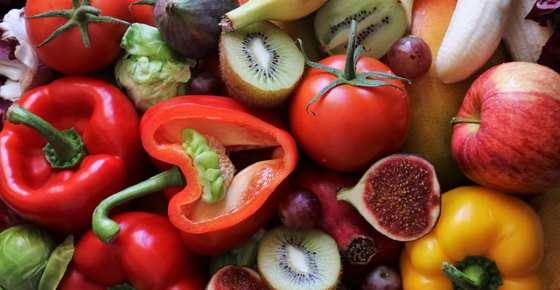
Maintaining a healthy diet plays a vital role in reducing your risk of developing serious illnesses, including cancer. While no single food can completely prevent cancer, research shows that consuming a wide variety of nutrient-rich, anti-inflammatory foods can significantly lower your overall risk. Incorporating plenty of green leafy vegetables, fresh fruits, berries, nuts, seeds, legumes, and oily fish into your daily meals can offer powerful protection against many chronic health conditions.
Why Diet Matters in Cancer Prevention
The most effective cancer-fighting diets are built around foods that are rich in vitamins, minerals, antioxidants, and plant-based compounds that help to strengthen your immune system and fight inflammation. These nutrients don't just support your overall health—they actively contribute to your body’s natural defense against the development of abnormal cells.
In fact, numerous studies have confirmed the link between dietary habits and the risk of developing cancer. Natural compounds found in many whole foods—such as lycopene, carotenoids, phytochemicals, sulfur compounds, fiber, and chlorophyll—have all been associated with cancer prevention. When consumed regularly as part of a balanced diet, these elements may help stop the development or spread of cancerous cells.
This article explores the most scientifically supported cancer-fighting foods and spices and shows you how to incorporate them into a healthy lifestyle to reduce your cancer risk and improve overall wellness.
The Powerful Link Between Nutrition and Cancer Risk
Medical experts around the world agree: there is a strong connection between what we eat and the likelihood of developing cancer. Numerous studies have concluded that a healthy, nutrient-dense diet may lower your cancer risk by up to 40%. That’s a significant number that highlights the importance of daily food choices.
According to research published in the Nutrition Journal, foods that are high in vitamin C, vitamin D, selenium, chlorophyll, and other antioxidants have shown promising results in the fight against cancer. These nutrients can help neutralize free radicals, reduce inflammation, and support the repair of damaged cells before they can mutate.
One particularly notable food in the world of cancer prevention is broccoli sprouts—a true superfood. Rich in sulforaphane and other beneficial compounds, broccoli sprouts have been shown to inhibit the growth of certain cancer cells in laboratory settings.
Core Principles of a Cancer-Preventive Diet
If you’re looking to reduce your cancer risk through nutrition, it’s essential to follow some key dietary principles. A cancer prevention diet should emphasize:
-
High intake of fresh fruits and vegetables (aim for at least 5–9 servings per day)
-
Increased dietary fiber, which promotes digestive health and may reduce colorectal cancer risk
-
Healthy fats, particularly omega-3 fatty acids from oily fish or plant-based sources
-
Minimizing red meat, processed meats, and sugary, refined foods
-
Avoiding trans fats and excessive alcohol
Equally important is variety: combining a wide range of plant-based foods ensures you're getting a full spectrum of cancer-fighting nutrients.
Kale is loaded with cancer-fighting nutrients, making it a must-have in your diet:
-
High levels of vitamin C, K, beta-carotene, and polyphenols
-
Contains glucobrassicin, a glucosinolate that the body converts to indole-3-carbinol, a compound shown to inhibit cancer cell proliferation.⁸
A 2017 study found that kale had a protective effect on liver cells, reducing oxidative stress and protecting against DNA damage caused by environmental toxins.⁹
You can enjoy kale raw, steamed, in soups, or as a crunchy snack by baking it into kale chips.
Broccoli: The Anti-Cancer Superfood
Broccoli is arguably one of the most studied anti-cancer vegetables. It’s particularly rich in sulforaphane, especially in its sprouted form.
Clinical research published in Future Oncology found that broccoli and broccoli sprouts have a potent preventive effect against cancer.¹⁰ In a notable study, men who consumed broccoli sprouts daily experienced a decreased risk of prostate cancer, thanks to sulforaphane's ability to inhibit tumor progression.¹¹
Bonus tip: Lightly steaming broccoli increases the availability of sulforaphane, while boiling it may destroy this vital compound.
Cabbage: Simple, Affordable, and Protective
Cabbage is another cruciferous vegetable with cancer-fighting potential. In one animal study, a compound in cabbage called phytoalexin was found to have cancer-inhibiting effects.¹²
Cabbage is versatile and budget-friendly—perfect for salads, stir-fries, or fermented into gut-friendly sauerkraut.
Brightly-Colored Vegetables: Nature’s Cancer Shield
Vibrantly colored vegetables—carrots, red bell peppers, sweet potatoes, tomatoes, beets—are loaded with carotenoids and flavonoids, potent antioxidants that reduce inflammation and oxidative stress.
A study published in Advances in Nutrition found that yellow, orange, and red vegetables significantly reduce the risk of various cancers, particularly colorectal and prostate cancers.¹³
Eating a wide spectrum of colors daily provides a broader range of protective phytochemicals.
Tomatoes: A Lycopene-Rich Cancer-Fighting Food
Tomatoes are one of the best natural sources of lycopene, an antioxidant linked to:
-
Lower risk of prostate cancer
-
Reduced risk of lung and stomach cancers
Cooking tomatoes actually enhances the bioavailability of lycopene. For optimal absorption, pair them with a healthy fat like extra virgin olive oil.¹⁴
Beets: Deep Color, Deep Protection
Beets are high in betanin, a pigment that offers chemo-preventive effects. Beetroot extract has shown promise in:
-
Reducing inflammation
-
Detoxifying cells
-
Supporting healthy immune function
One study even noted that a beetroot and carrot juice blend was beneficial for patients with chronic lymphocytic leukemia.¹⁵
Summary: Eat Green, Live Clean
No single vegetable will prevent cancer, but regularly consuming a variety of green leafy and cruciferous vegetables builds a strong foundation for disease prevention. Aim to fill half your plate with colorful vegetables at every meal.
Here’s how to get started:
-
Add spinach to your morning smoothie
-
Make a kale and chickpea salad for lunch
-
Enjoy steamed broccoli with dinner
-
Snack on veggie sticks with hummus or guacamole
Coming up next, we’ll explore the role of fiber, legumes, berries, nuts, seeds, and more in building a well-rounded anti-cancer diet.
News in the same category


6 Sneaky Signs Your Diet Can Be Harming Your Body
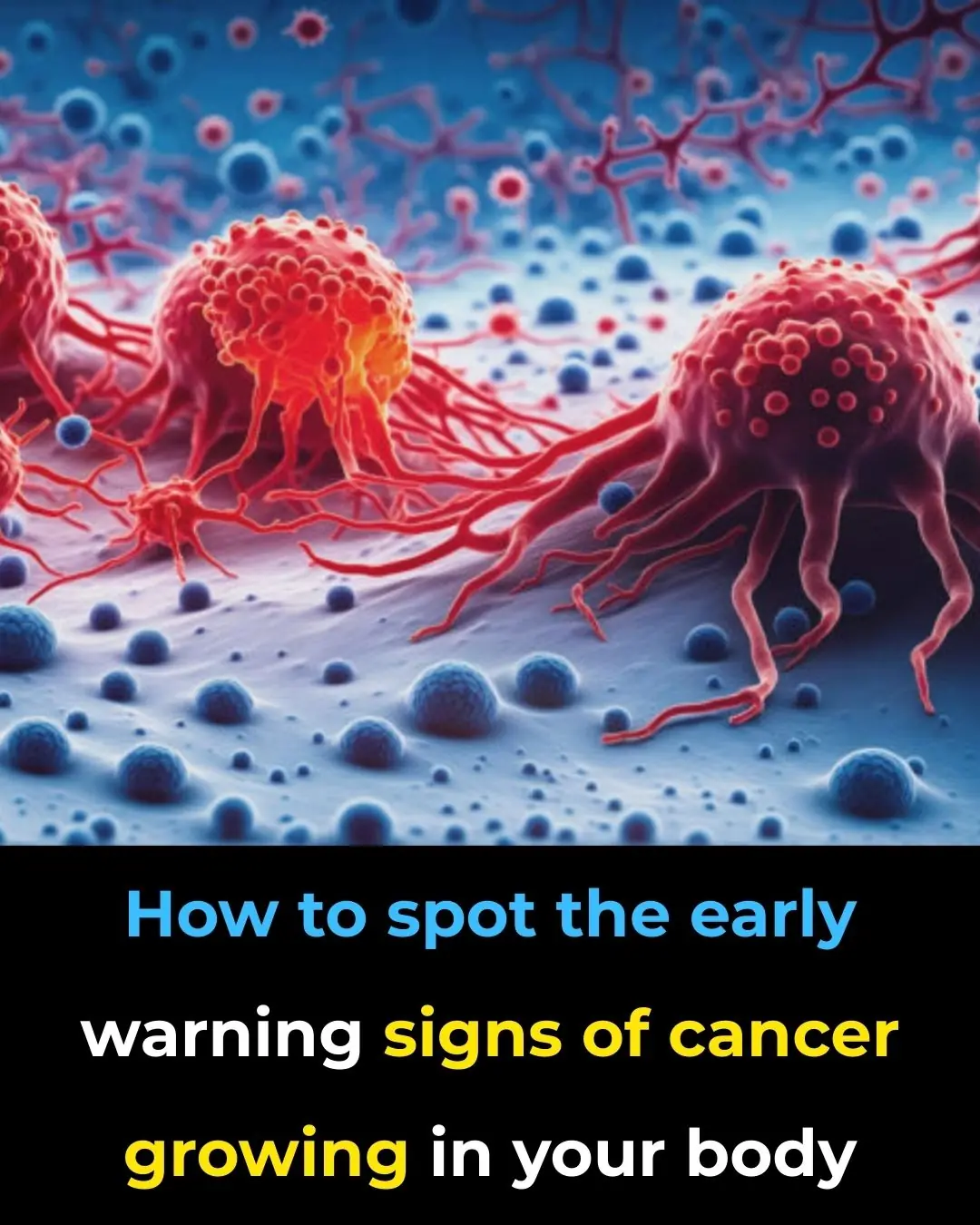
15 Common Cancer Symptoms You Shouldn’t Ignore

Remove these 7 everyday foods from your fridge—they could raise cancer risk

A Surprising Drink That May Help Prevent Cancer – And It's Not Tea or Coffee

How To Get Rid of Phlegm And Mucus

Hidden Clues Before the Tremor: Early Warning Signs of Parkinson’s Disease You Shouldn’t Ignore
Catching these subtle, non-motor clues may help identify Parkinson’s long before the motor stage, opening the door to interventions that could delay its full expression.

Shift Work Migraine Disorder: The Newly Proposed Headache Condition
While debate continues over its official recognition, the research shines a spotlight on the neurological toll of modern labor demands and could pave the way for tailored treatments in the future.

Gut Health in Early Pregnancy Tied to Gestational Diabetes Development
The study authors emphasize that these findings mark only the beginning.

Simple Homemade Cough Syrup Removes Phlegm From The Lungs

Eat this #1 meal to help unclog your arteries naturally

Canker Sores Are The Absolute WO:RST…Here’s How To Get Rid of Them Fast!
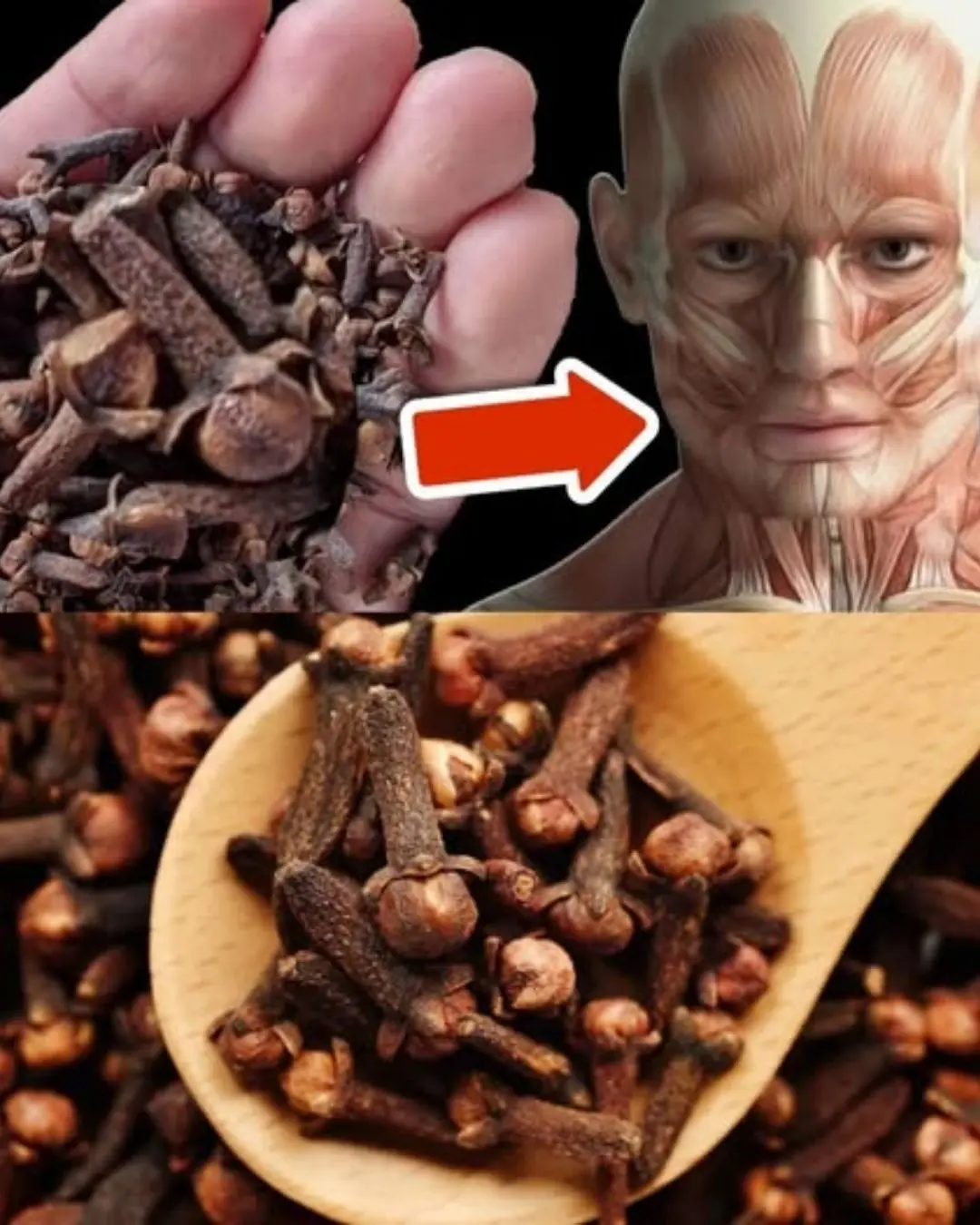
Cloves: 10 Health Benefits of Eating 2 Daily
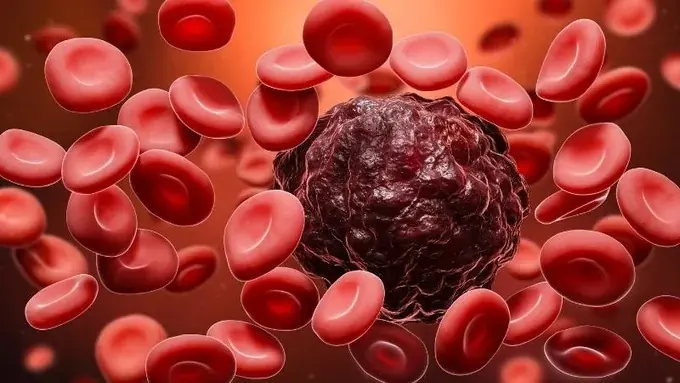
How to Spot the Early Warning Signs of Cancer Growing in Your Body

New Research Finds 40-50% of Colon Cancer Cases Can Be Prevented by Doing These Simple Things

The Simple Trick to Get Rid of Ingrown Toenails Fast—You’ll Wish You Knew Sooner!

Statins warning: new research confirms these harmful side effects
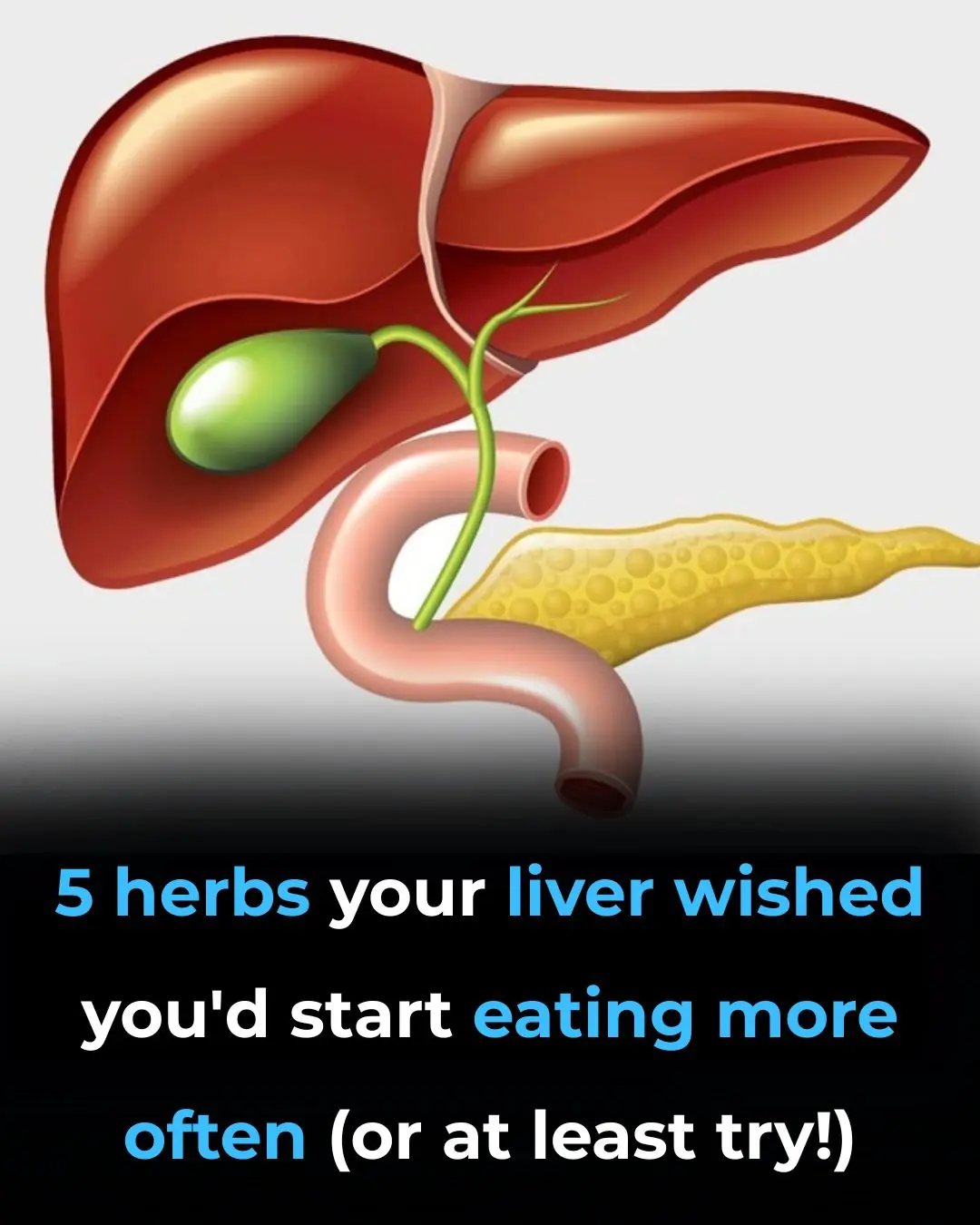
5 Herbs Your Liver Wished You’d Start Eating More Often (Or At Least Try!)
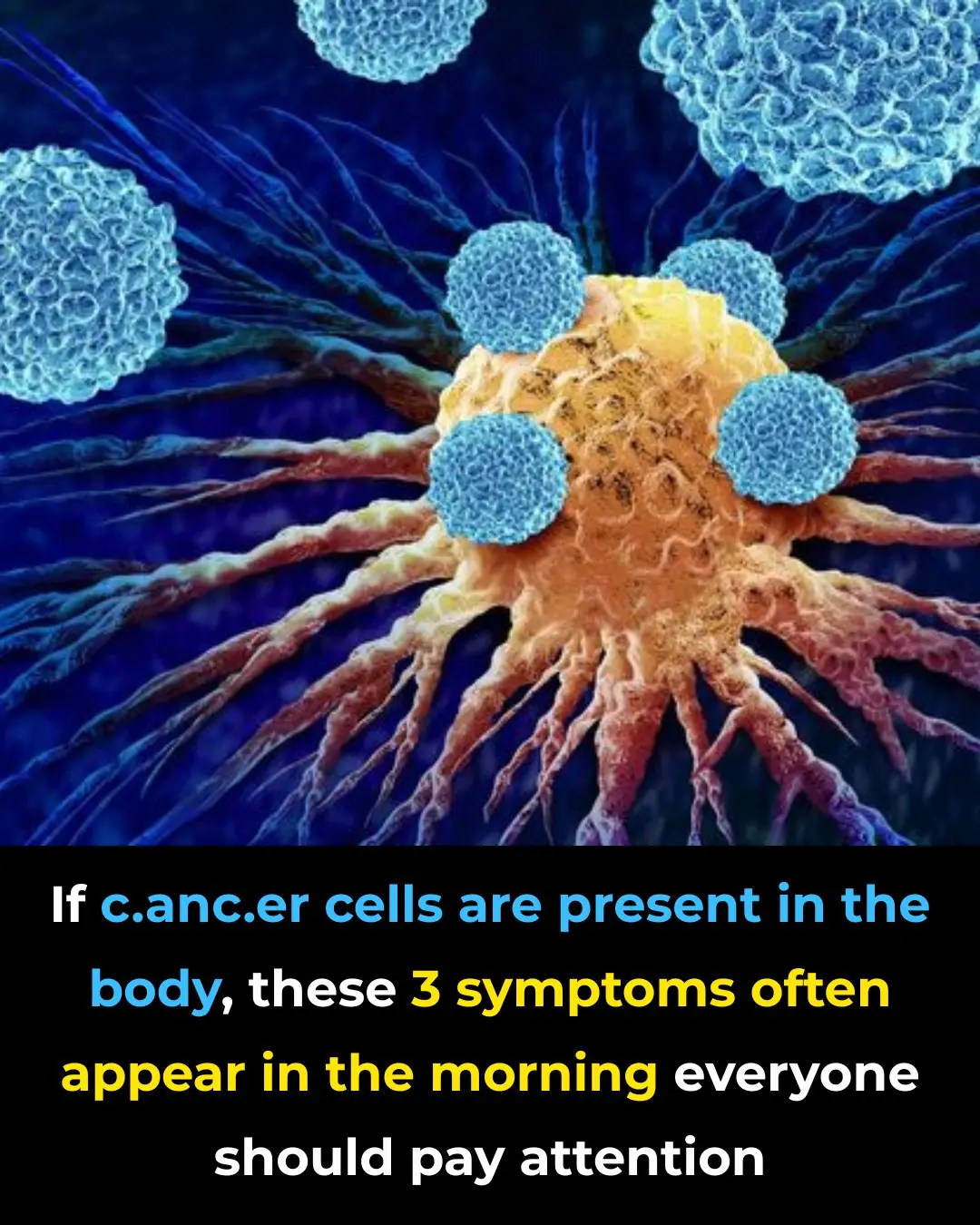
If cancer is present, 3 key symptoms often appear in the morning
News Post

Varicose Veins: Causes, Symptoms, and Treatments for Better Circulation
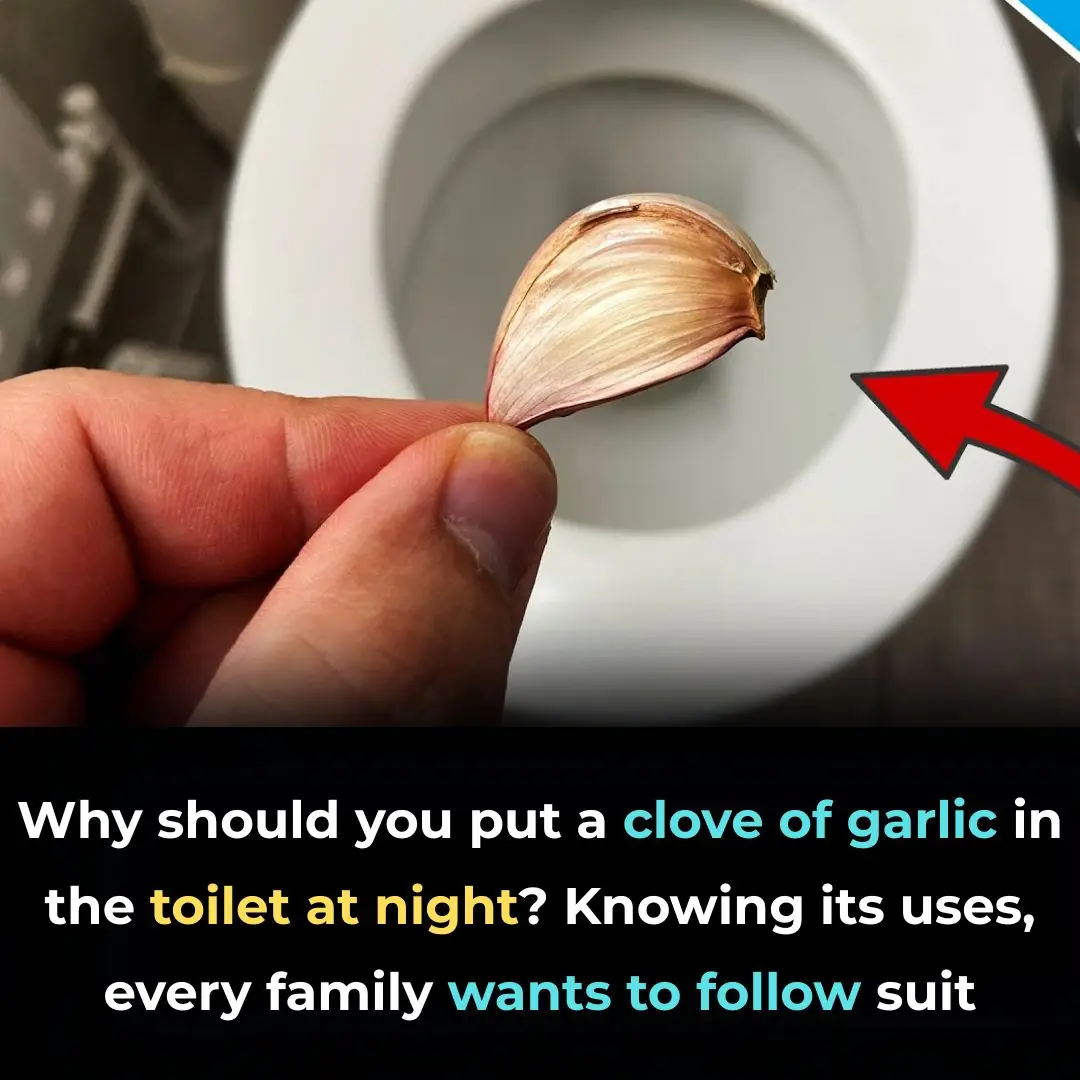
Why should you put a clove of garlic in the toilet at night? Knowing its uses, every family wants to follow suit

If your wooden door is infested with termites, just mix this and pour it in. The wooden furniture will still be beautiful after 10 years

There is a small switch on the washing machine: Press it once and the dirt will automatically be discharged

The kettle is full of dirt, put this in and boil until the dirt comes off, 2 minutes and it's clean

4 types of vegetables that cancer cells fear the most, doctors remind: eating a little bit often is good for your health

Don't rush to throw away the foam, use it for these things to see how useful it is
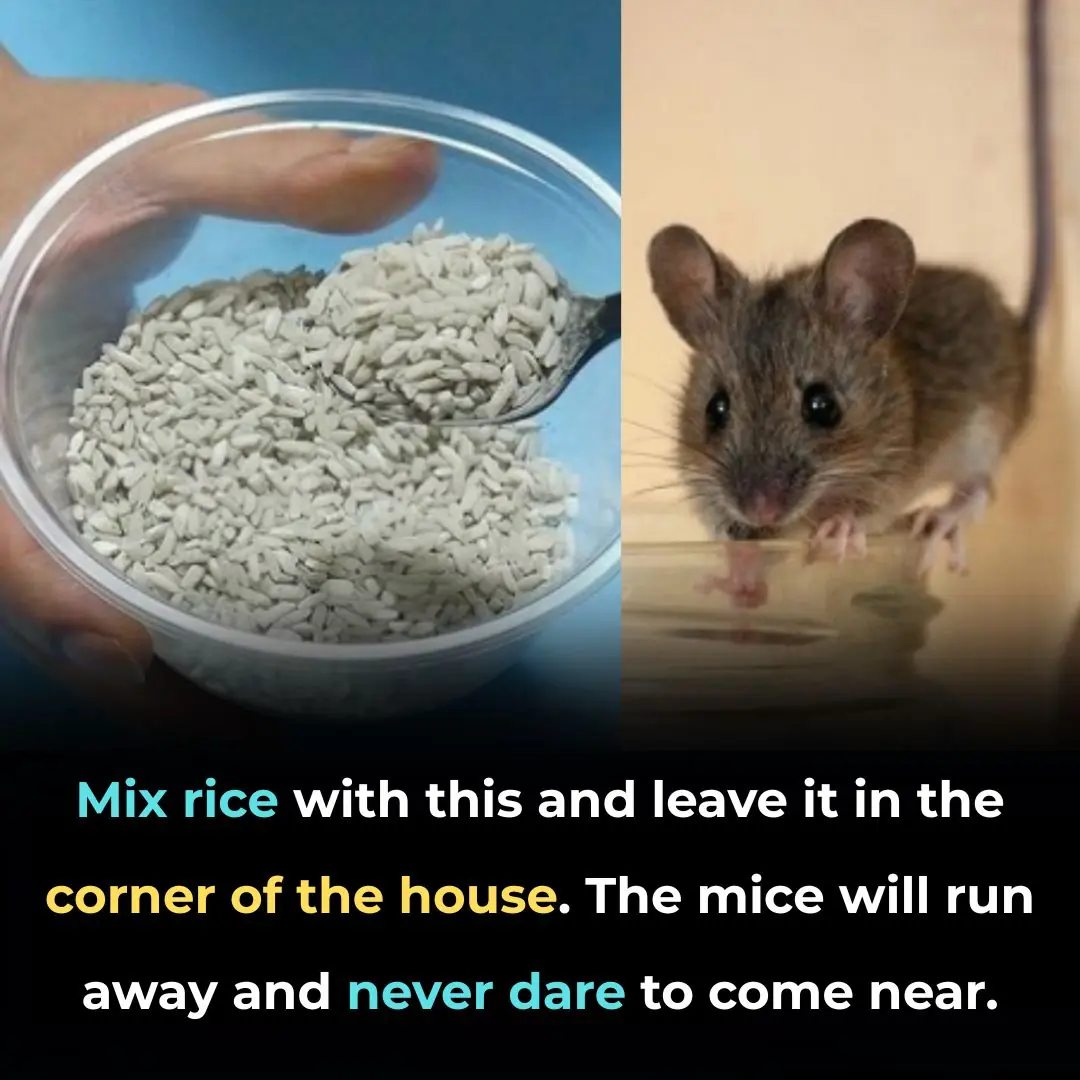
Mix rice with this and leave it in the corner of the house. The mice will run away and never dare to come near

6 Sneaky Signs Your Diet Can Be Harming Your Body

Simple tips to clean phone speakers at home, anyone can do it
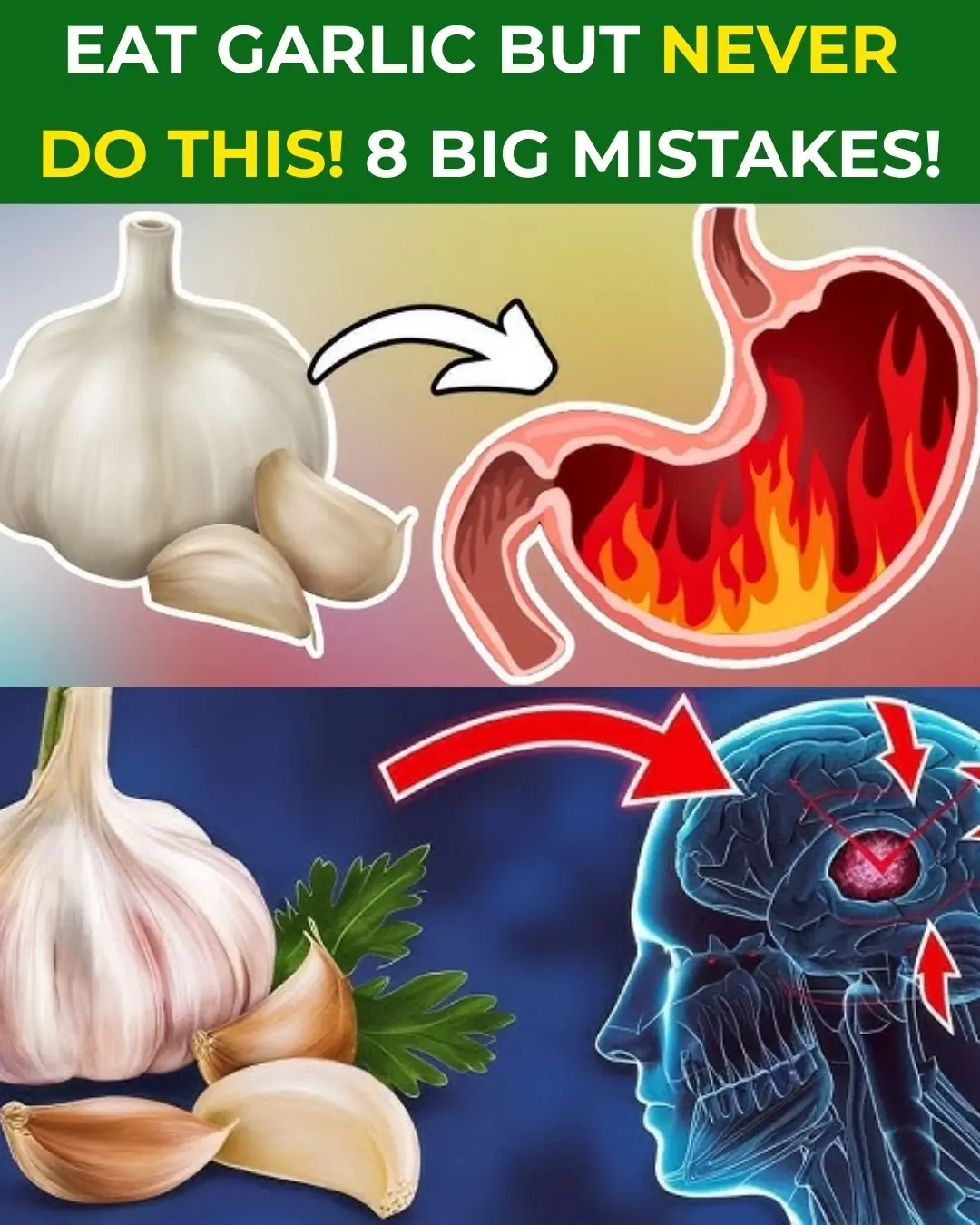
Eat Garlic, But Never Do This: 8 Common Mistakes You Must Avoid

“You Don’t Belong Here,” He Mocked the Mom in Business Class — Then the Pilot’s Voice Made His Smirk Disappear

Little Girl Begged: “Please Mom, Don’t Cut My Hair!” — Until the Millionaire Father Came Home and Shouted…

At My Sister’s Party, My Mother Told My Pregnant Wife to Eat Elsewhere — I Couldn’t Stay Silent

A Story No Parent Should Have to Tell.

The Dogs of Ground Zero.

Nancy Green: The Woman Behind “Aunt Jemima”.

15 Common Cancer Symptoms You Shouldn’t Ignore
